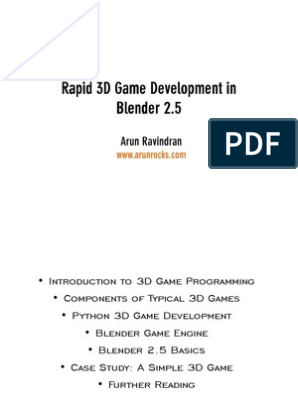0% found this document useful (0 votes)
436 views13 pagesUVM Testbench for Memory Verification
This document describes a memory verification testbench using UVM. It includes the definition of a memory model, interface, sequence items, sequences, sequencer, driver, and monitor. The memory model module defines a parameterized memory with read and write functionality. The interface defines the signals for communication with the DUT. Sequence items are used to drive random transactions. The sequences and sequencer generate and queue the sequence items. The driver drives the sequence items onto the interface. The monitor collects transaction information from the interface to be analyzed.
Uploaded by
Anji medidiCopyright
© © All Rights Reserved
We take content rights seriously. If you suspect this is your content, claim it here.
Available Formats
Download as PDF, TXT or read online on Scribd
0% found this document useful (0 votes)
436 views13 pagesUVM Testbench for Memory Verification
This document describes a memory verification testbench using UVM. It includes the definition of a memory model, interface, sequence items, sequences, sequencer, driver, and monitor. The memory model module defines a parameterized memory with read and write functionality. The interface defines the signals for communication with the DUT. Sequence items are used to drive random transactions. The sequences and sequencer generate and queue the sequence items. The driver drives the sequence items onto the interface. The monitor collects transaction information from the interface to be analyzed.
Uploaded by
Anji medidiCopyright
© © All Rights Reserved
We take content rights seriously. If you suspect this is your content, claim it here.
Available Formats
Download as PDF, TXT or read online on Scribd
/ 13































































































